Jamie Dimon Book Recommendations
Jamie Dimon is a prominent American business executive known for his distinguished career in the financial industry. Born on March 13, 1956, in New York City, Dimon attended Harvard Business School and quickly rose through the ranks of various financial institutions. Notably, he has been the CEO and Chairman of JPMorgan Chase, one of the largest and most influential banks in the world. Dimon's leadership skills and strategic vision have garnered widespread recognition, making him a prominent figure in global finance. Beyond his corporate success, Dimon is also known for his avid interest in literature and is often sought after for book recommendations, showcasing his intellectual depth and diverse interests.
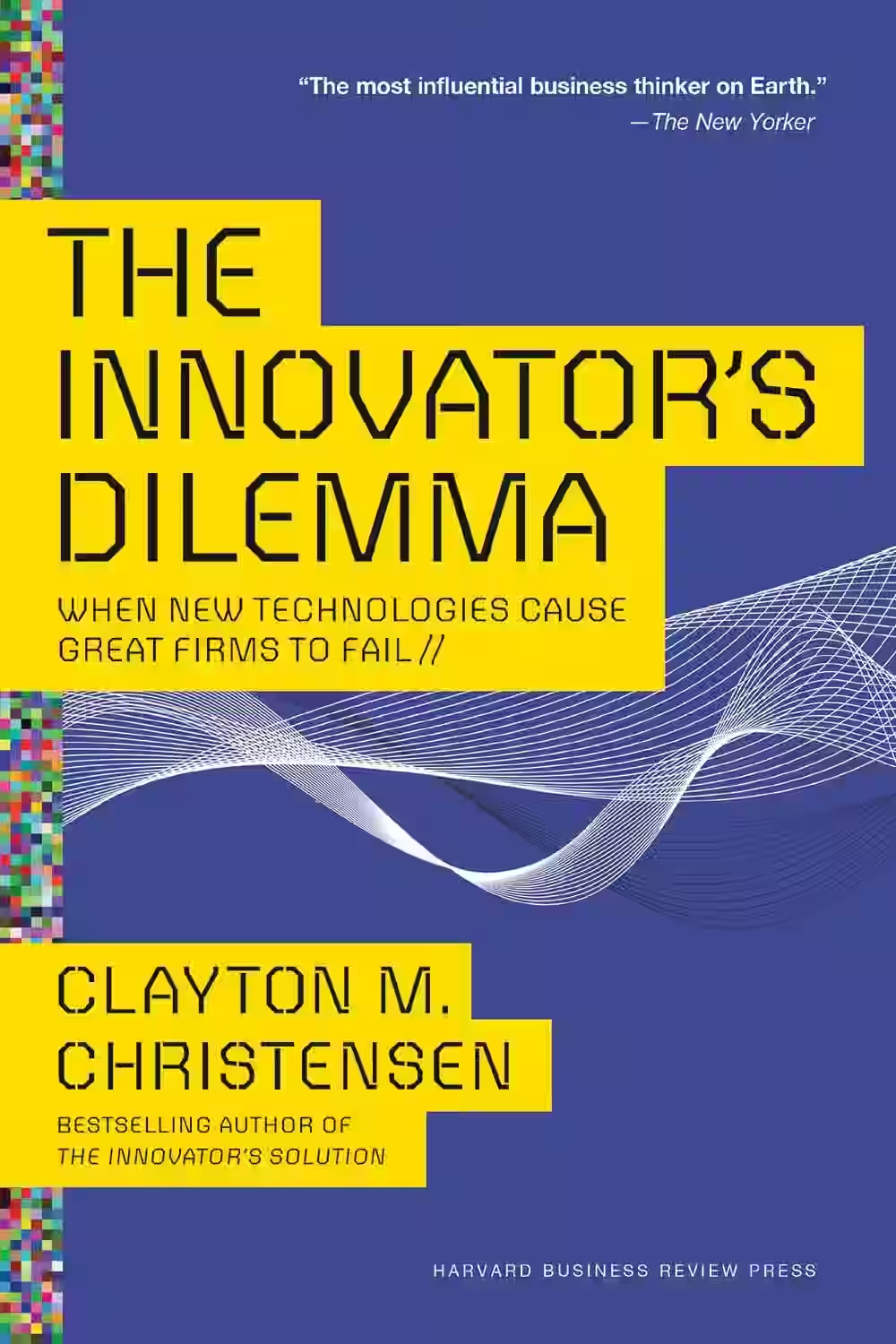
Clayton Christensen’s The Innovator’s Dilemma examines why successful companies often fail to adapt to disruptive technologies. Through real-world examples, including the fall of once-dominant firms, Christensen argues that businesses focusing solely on current customer needs can miss innovations that reshape industries. He introduces the concept of “disruptive innovation”—simpler, cheaper alternatives that gradually overtake established products. The book offers insights for entrepreneurs, managers, and leaders on how to foster innovation before it’s too late. Widely influential in tech and business, it challenges conventional wisdom and urges a proactive approach to navigating technological change.
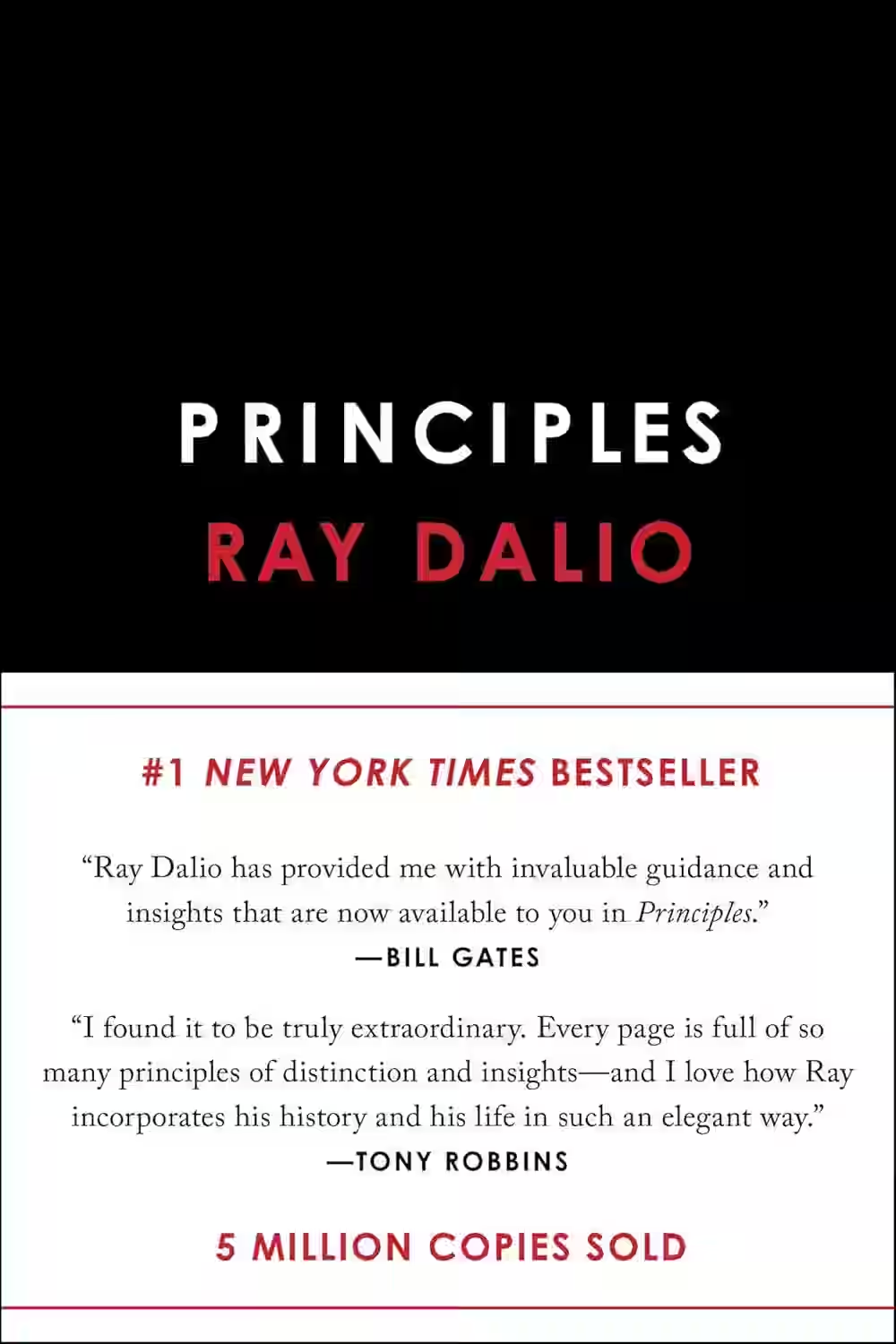
In Principles, billionaire investor Ray Dalio shares the core life and work principles that guided him in building Bridgewater Associates into one of the world’s largest hedge funds. The book is split into three sections: a personal journey, life principles, and work principles. Dalio emphasizes radical transparency, meritocracy, and continuous learning. He advocates for clear decision-making frameworks and a systematic approach to solving problems. Combining autobiography, management philosophy, and practical advice, Principles serves as a handbook for both personal growth and organizational excellence. It's especially relevant for leaders, investors, and anyone seeking to improve decision-making through reflection and structure.
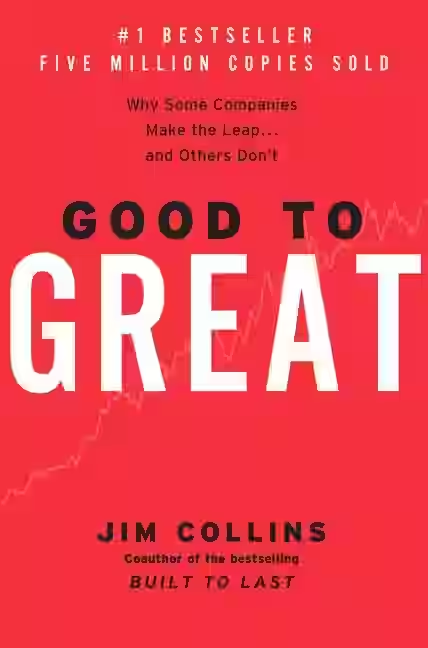
In Good to Great, Jim Collins investigates why some companies make the leap from being merely good to truly great—and sustain that performance. Based on extensive data analysis and case studies, Collins identifies key factors behind this transformation, including disciplined people, thought, and action. Central concepts include the Hedgehog Concept, Level 5 Leadership, and the Flywheel Effect. The book argues that greatness comes from building a culture of excellence, facing brutal facts, and staying focused on long-term goals. Insightful and accessible, Good to Great is widely considered essential reading for leaders aiming to build high-performing, resilient organizations.
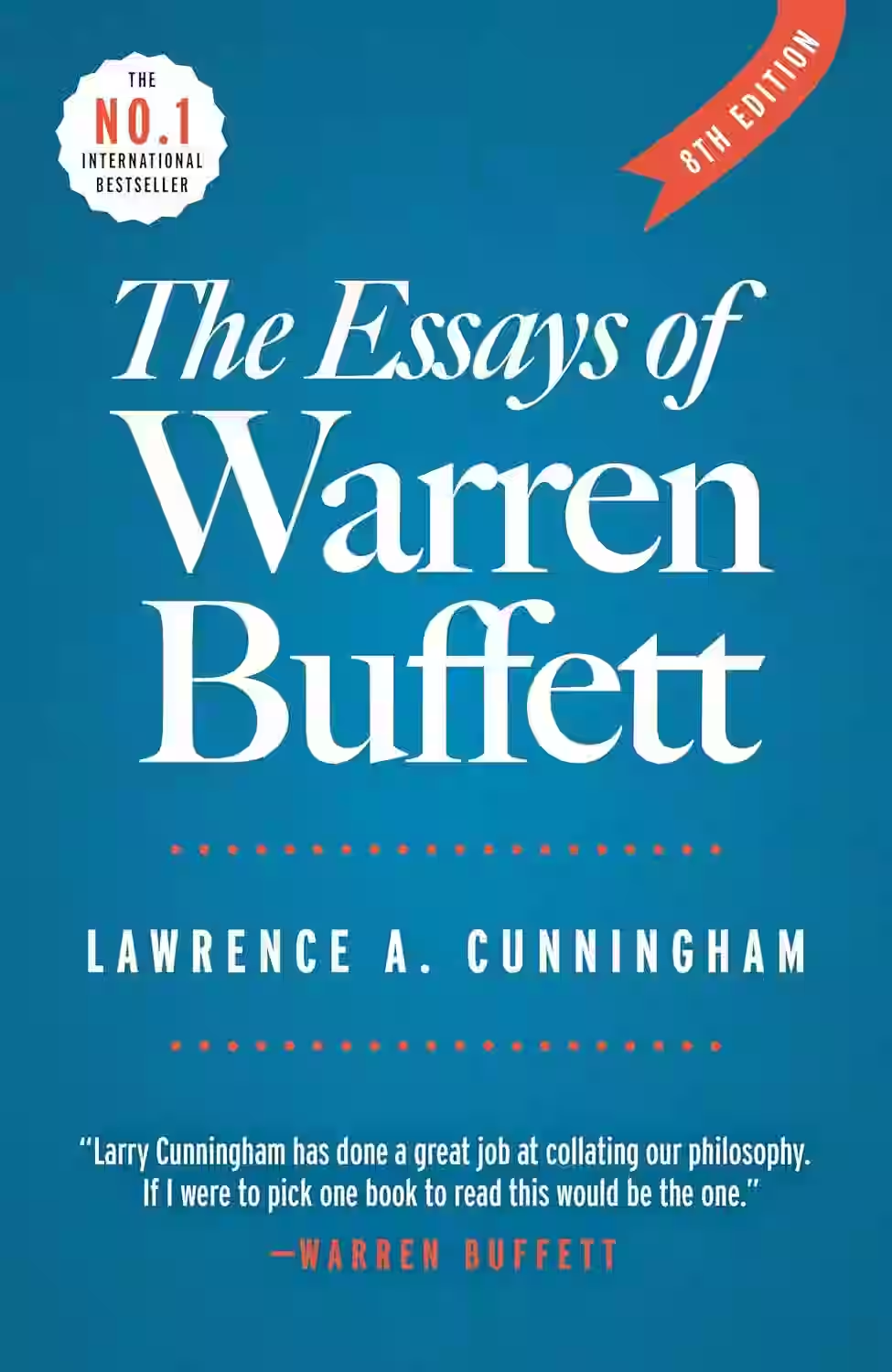
In 'The Essays of Warren Buffett,' readers are granted a rare glimpse into the mind of one of the most successful investors of our time. Through a collection of Buffett's insightful essays, the book delves into the fundamental principles that have guided his investment strategies and contributed to his immense wealth. Covering topics such as business valuation, corporate governance, and market behavior, Buffett offers practical wisdom and timeless advice for both seasoned investors and those new to the world of finance. His straightforward approach and emphasis on long-term thinking make this book a must-read for anyone interested in mastering the art of investing.
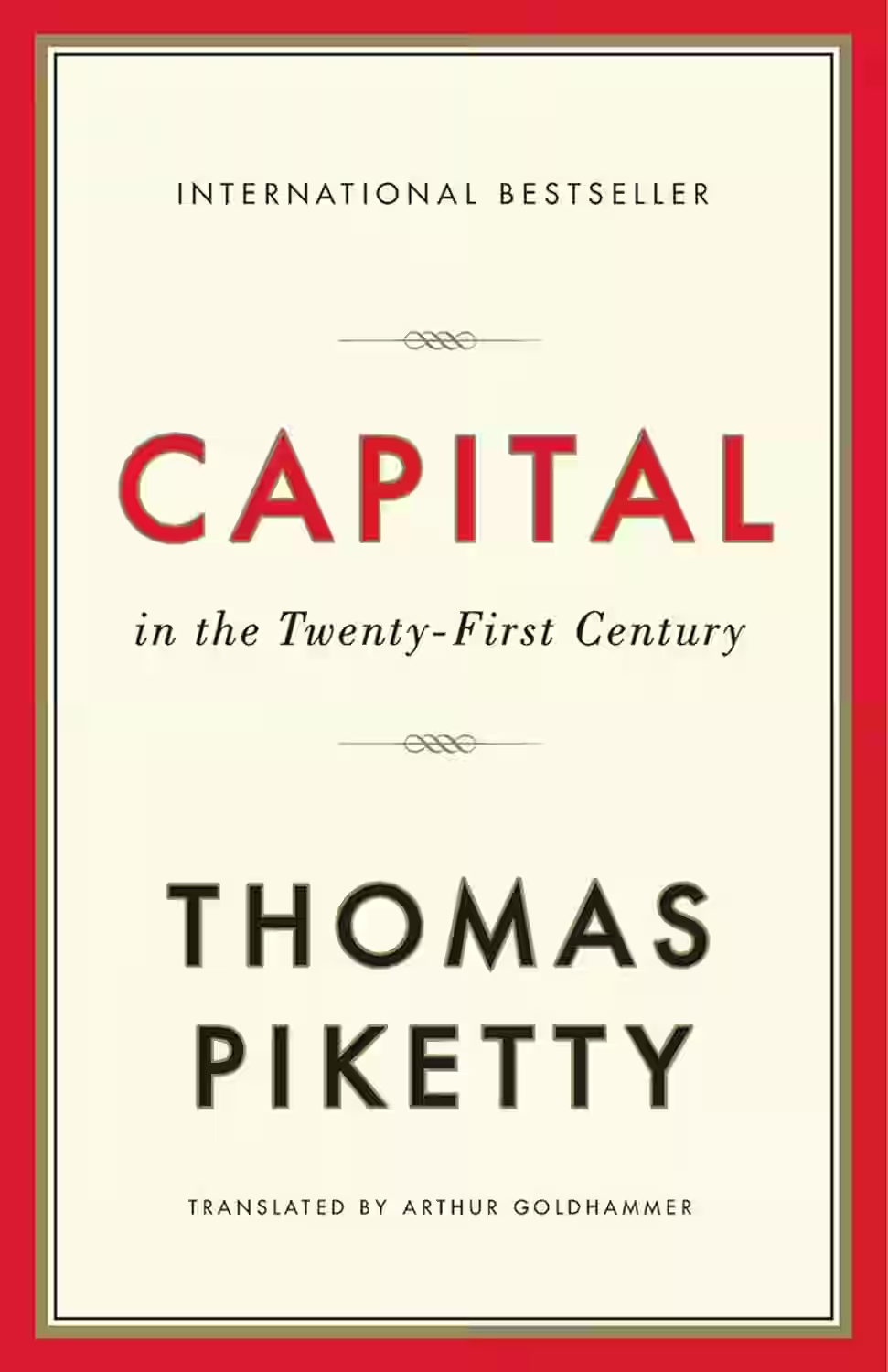
In 'Capital in the Twenty-First Century,' Thomas Piketty delves into the dynamics of wealth and income inequality, offering a comprehensive analysis of economic data spanning centuries. Through historical evidence and theoretical frameworks, Piketty explores how capitalism inherently leads to the concentration of wealth in the hands of a few, exacerbating social disparities. He emphasizes the role of inherited wealth and argues for a global wealth tax to address growing inequality. This seminal work challenges conventional economic theories and sparked worldwide debates on wealth distribution and taxation policies.